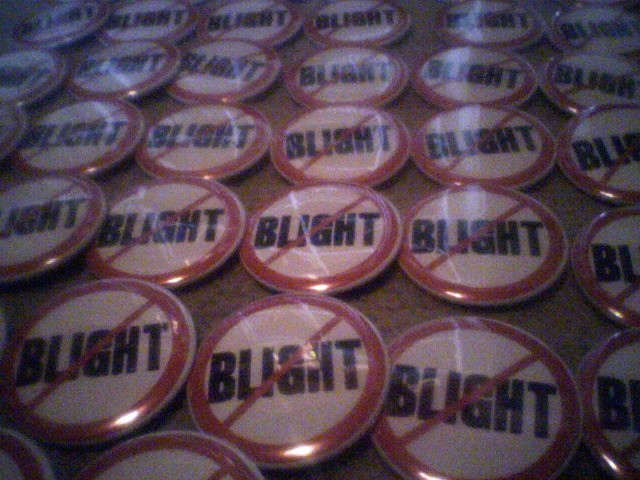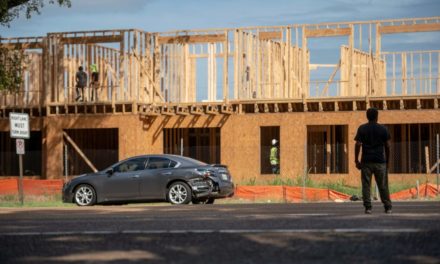The poster child for the blight that dogs Memphis stands at Winchester Road and Cazassa Drive in Whitehaven. There, three apartment complexes are emblematic of how hard it is to attack urban blight.
Just this one location involves real estate speculation, a Ponzi scheme, New York investors, an Israeli company, a flip scam, a tax freeze, a Shelby County tax sale, City of Memphis legal threats, and a conscientious owner of one complex overwhelmed by the deteriorating conditions of the other two adjacent complexes.
Here’s the scope of the problem: there are 9,000 Memphis addresses where the electricity has been cut off for more than six months and 30 percent of them are apartments.
Nothing has a greater degree of difficulty than massive complexes like those at Winchester and Cazassa. They stand in stark contrast to the upbeat rhetoric about the future of aerotropolis and Whitehaven, and all the happy talk about better days ahead only heightens the frustration of the residents living near the apartments, where fires have been common place and where empty apartments are magnets for the kinds of activities that prompt frequent calls to the police.
Two of the complexes have been empty for three to five years. Lawsuits were filed several years ago, but only one owner could be found and the company owning another was defunct. The owner of the third agreed to a plan to sell the complex, but there was a big problem: no one wanted to buy.
The owner was willing to turn the complex over to a nonprofit organization or to local government, but no one had the resources or power to do it. Eventually, an investor took possession, a New York investment company foreclosed on it, a real estate broker bought it for $200,000 and sold it for $400,000 in a flip scam before it was quit claimed for $10,000 to an Israel company.
There was a time not too many years ago that it had an owner who kept it well-tended, receiving a tax freeze from the Memphis Health, Education, and Housing Facility Board. After the complex was sold and declined for several years, the Health Ed Facility Board demanded maintenance, but it turned out the FBI was investigating the buyer and the property was part of an affinity Ponzi scheme targeting Mormons.
Today, the previous owner has returned and would like to increase the value of his investment by demolishing the declining apartment complex next door. However, earlier this year, the Shelby County Trustee surprised everyone, as often happens with delinquent tax sales, by putting the property on the auction block for back taxes although it had negative value. To complicate matters even more, the Shelby County Board of Commissioners instructed the trustee not to take the property, which begs the question of what the plan for the property is now.
It’s quite a saga and while it plays out, the overall neighborhood is damaged by the prominent problem properties deteriorating in its midst. More than anything, it points to the need for serious reform of a hopelessly inefficient process that traps hundreds of properties in legal limbo. Because no one in the process knows what anyone else is doing and the emphasis is more about collecting back taxes than building stronger neighborhoods, properties are kept out of circulation for five years as they move through the tax sale process. Even after the tax sale, what is missing is a process to convert blighted properties to productive use.
It takes the help of the Tennessee Legislature to correct the flaws in the system and create a new, streamlined tax foreclosure system that requires action within two to three years and stops the irrational churning of some tax sales properties. That dependable, more efficient process should be coupled with a true Land Bank that serves as the single point of entry for every tax sale property and that has the power and the resources to circumvent the foreclosure process with the tools to assemble property, transfer it to nonprofit organizations, use it for community gardens and other “green uses,” manage an Adopt-a-Lot program, order demolition, and renovate houses at key locations.
It takes a major shift in thinking, but the payoff is a totally new way of dealing with foreclosed property and putting it to productive use by community development-minded agencies. In the end, the greatest enemy to blight reduction in Memphis is not the considerable legal complexities, but the temptation to stick with the status quo because that’s the way it’s always been done.
Published in December issue of Memphis magazine as its City Journal column






I thank wearing me one O them buttuns would fix it!